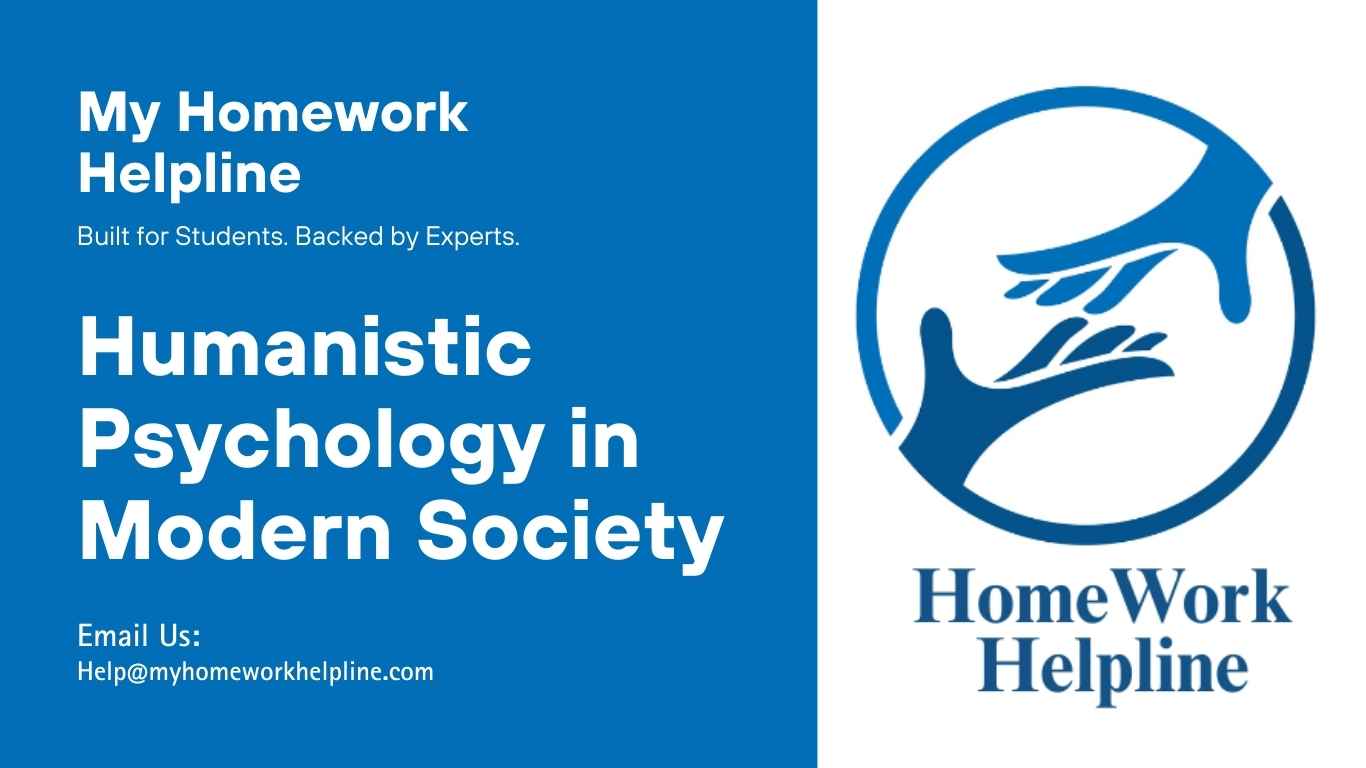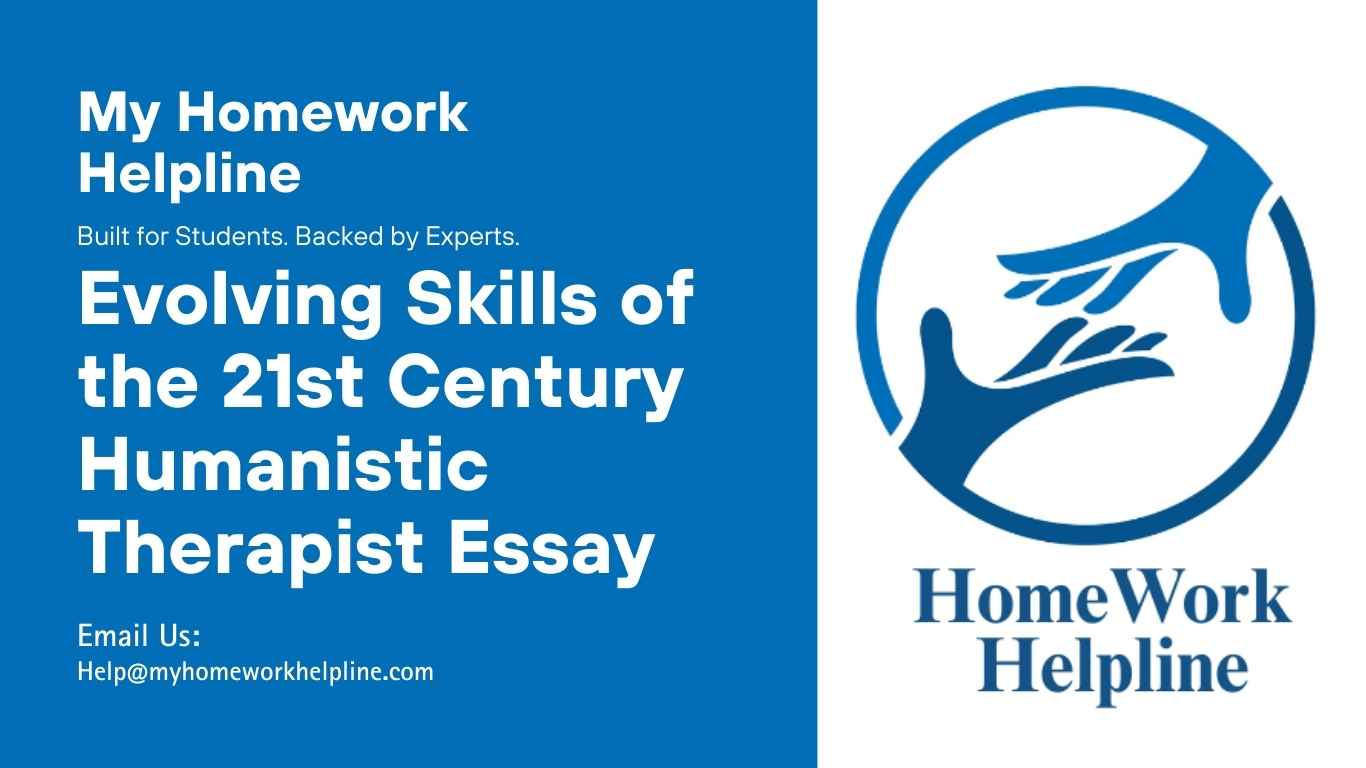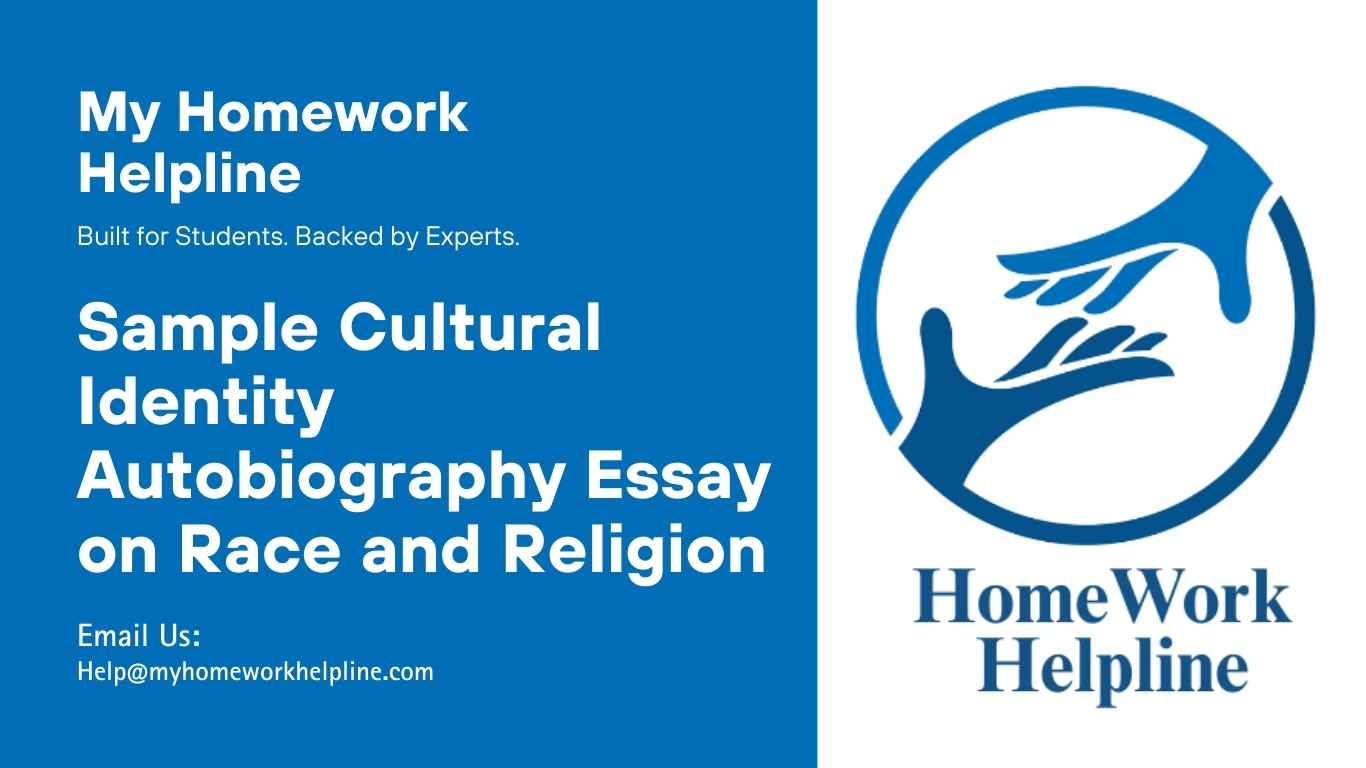Humanism, Self, and Motivation: Exploring Key Psychological Concepts
When Martin Luther mentioned that there were times when he was awe awakened and carried out of himself, he was referring to external psychological constructs that play a part in internal motivations and resulting human behaviors. He developed a sense of internal motivation that made him believe he possessed great abilities to do great things […]










